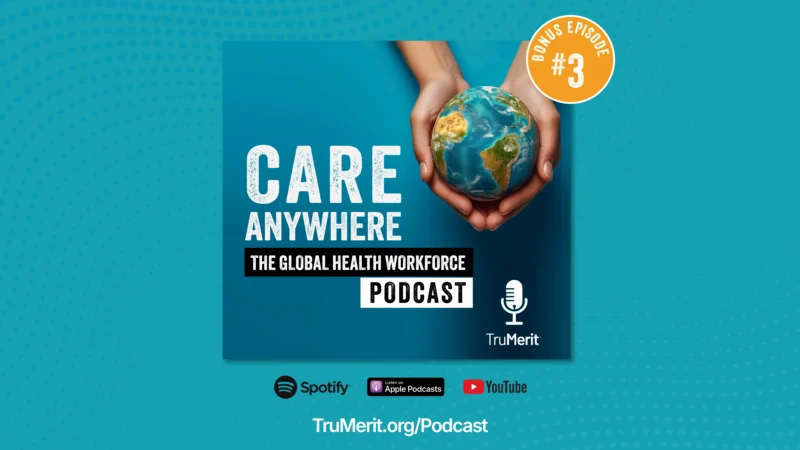The Innovation Creating More Innovation in Health Care
The Internet of Things (IoT) is making inroads not only in homes and industries, but in health care as well. While homes already have sensors regulating temperature room by room, turning lights on and off, and artificial intelligence (AI) learning residents’ habits, factories will soon find machine monitoring with communication to supervisors to reduce downtime. In health care, IoT will bring the industry to a new level entirely.
Some of the changes will be similar to what has been seen in homes and businesses, including more decentralized temperature control, more autonomous lighting and machine regulation. Along these lines, sensors will be attached to beds for on-time information about what beds are full, available or need to be changed—improving efficiency and cleanliness. Nurses will also be monitored to determine who is closest and available for a patient, nurse, doctor, or in the emergency room.
Other changes will make health care much more individualized. The industry has already seen a small step in place with Life Alert® or Lifeline with AutoAlert, which both monitor independent-living seniors for falls. There is absolutely no reason heart monitors, glucose monitors (like the Diabetes Digital Coach), pumps, and various other internal and external monitors cannot be connected to through IoT, with data sent to cell phones and/or to patients’ doctors.
As monitors become smaller and smaller, more and more aspects of people’s health can be monitored, and a day may come when a doctor may call a patient to tell them to get to the hospital right away before the patient has a heart attack.
Many mobile healthcare technologies have also been developed for remote regions in Africa and central Asia that are finding their way to the United States and Europe, including monitors that can be attached to a cell phone. This can mean either a return to actual home visits or even more extensive Teledoc calls.
There are many innovations still being developed which will improve health care, such as the smart bandage, which not only monitors skin conditions, but can deliver different medications if and when needed.
For the latest news, videos, and podcasts in the Healthcare Industry, be sure to subscribe to our industry publication.
Follow us on social media for the latest updates in B2B!
Twitter – @HealthMKSL
Facebook – facebook.com/marketscale
LinkedIn – linkedin.com/company/marketscale








